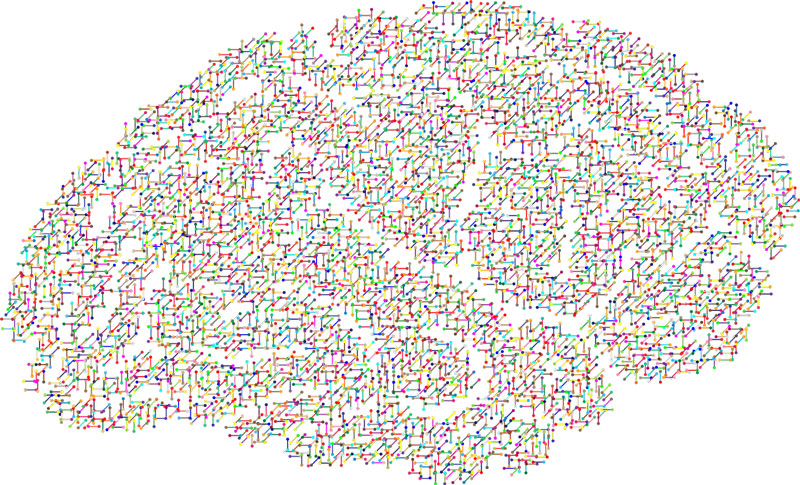Investigating How Slumber Ailments Interfere with Brainwave Activity as well as Impact Mental Function
Investigating How Slumber Ailments Interfere with Brainwave Activity as well as Impact Mental Function
Blog Article
Slumber is an crucial part of our everyday lives, allowing our bodies and minds to repose and rejuvenate. However, many individuals experience from slumber disorders, which can considerably disrupt sleep patterns. These disorders can lead to multiple issues, including alterations in brainwave activity. Brainwaves are electrical impulses in the mind that indicate our cognitive state and activity. When sleep is interrupted, the normal patterns of brainwaves can be impacted, resulting to problems with cognitive function, such as memory, focus, and judgment.
There are various types of slumber disorders, including insomnia, slumber apnea, and restless leg syndrome. Insomnia is defined by difficulty going or remaining asleep, while sleep apnea entails pauses in breathing during slumber. Unsettled leg syndrome causes discomforting sensations in the limbs, resulting to an irresistible urge to move them. Each of these disorders can disturb the natural slumber cycle, which consists of various stages, including light sleep, profound sleep, and REM (rapid eye movement) slumber. Each stage plays a vital role in maintaining overall cognitive health and function.
When slumber disorders interfere with these stages, neural wave activity can become irregular. For instance, during deep sleep, the mind produces slow delta waves, which are essential for physical restoration and recall consolidation. If a person undergoes repeated awakenings or does not attain profound sleep, the generation of these delta waves is reduced. This can lead to browse around this site challenges in learning new information and retaining memories. Additionally, REM sleep, which is linked with dreaming and affective processing, is also affected. Interruptions in REM sleep can lead to issues with emotional regulation and inventiveness.
The impact of slumber disorders on cognitive function is substantial. Research has demonstrated that individuals with slumber disorders often experience challenges with focus and focus. This can influence their performance at educational institutions or work, making it challenging to complete tasks or engage in discussions. Furthermore, chronic slumber deprivation can result to mood changes, increased stress, and even nervousness or depression. These cognitive and affective challenges can create a vicious cycle, where poor sleep results to mental difficulties, which in turn can result to more sleep problems.
Addressing slumber disorders is essential for improving neural wave activity and cognitive function. Therapeutic options may include habitual changes, such as establishing a regular slumber schedule, creating a cozy sleep environment, and practicing relaxation techniques. In some cases, medical intervention may be necessary, such as employing a CPAP machine for slumber apnea or pharmaceuticals for sleeplessness. By prioritizing slumber and seeking appropriate treatment, people can enhance their overall cognitive abilities and boost their quality of life. Understanding the relationship between sleep disorders, neural wave activity, and cognitive function is an important step toward improved health and well-being.